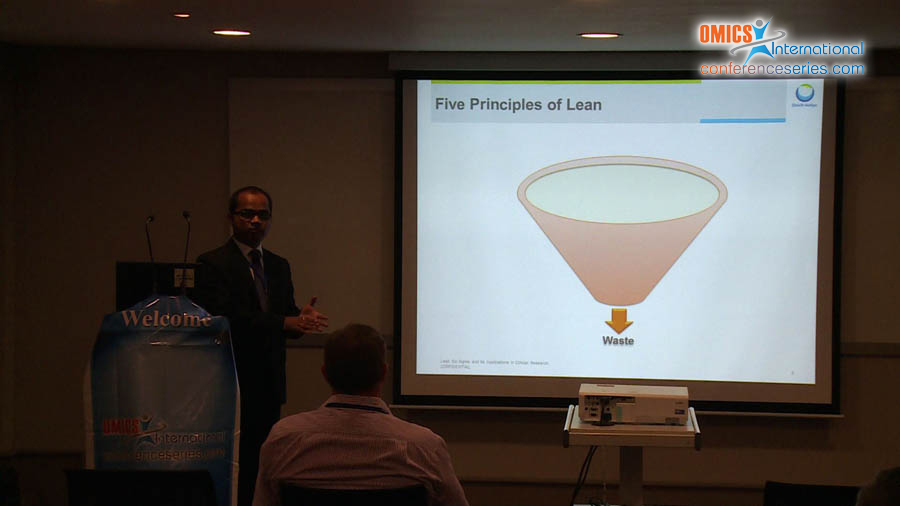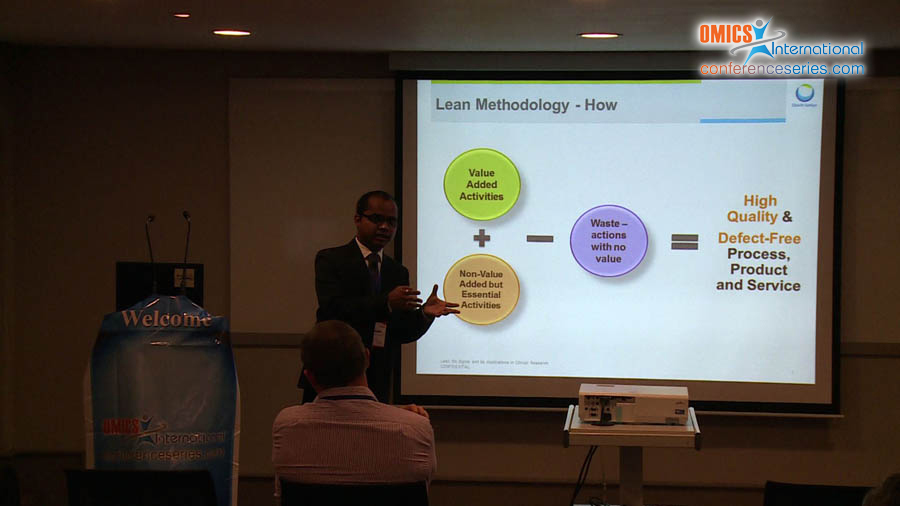
Pramod Wable
Daiichi Sankyo Development Ltd
UK
Title: Lean Six Sigma and Its applications in Clinical Trials/Research
Biography
Biography: Pramod Wable
Abstract
Clinical Research’ is one of the most highly regulated industries. Success of the clinical research revolves around time and data accuracy. Inaccurate data and delays in research timelines could have budgetary implications and also contribute costing time and research efforts to sponsor and academic organizations. The strict requirements of the global regulatory authorities are essential to consider to avoid any additional delays in generating quality data. Therefore, all key stakeholders of the clinical research should contribute in improving data quality, data accuracy and timely delivery of the deliverables. Sponsors, Clinical Research Organizations (CROs), Academic Research Organizations and also regulators need to work on the process improvement steps and stretch their roles and responsibilities to make the clinical research more efficient. Advanced tools for process improvements are crucial to be used in clinical research in order to get rid of any unwanted steps in the process and fix any gaps. Lean and Six Sigma approaches offer advantages with complement to each other. Lean eliminates the gross waste in a value stream, and what process steps remain are the best targets for Six Sigma value added improvements. Lean improves the speed of processes by reducing or eliminating waste. Six Sigma offers a process improvement strategy that has been successfully applied in pharmaceutical research and manufacturing. Recent research conducted by the author shown effective use of these techniques together along with ISO principles as a cocktail in clinical Quality Management Systems. It was observed that these techniques can improve clinical research processes almost in every function and all phases of clinical research.
Speaker Presentations
Speaker PDFs
Speaker PPTs Click Here




